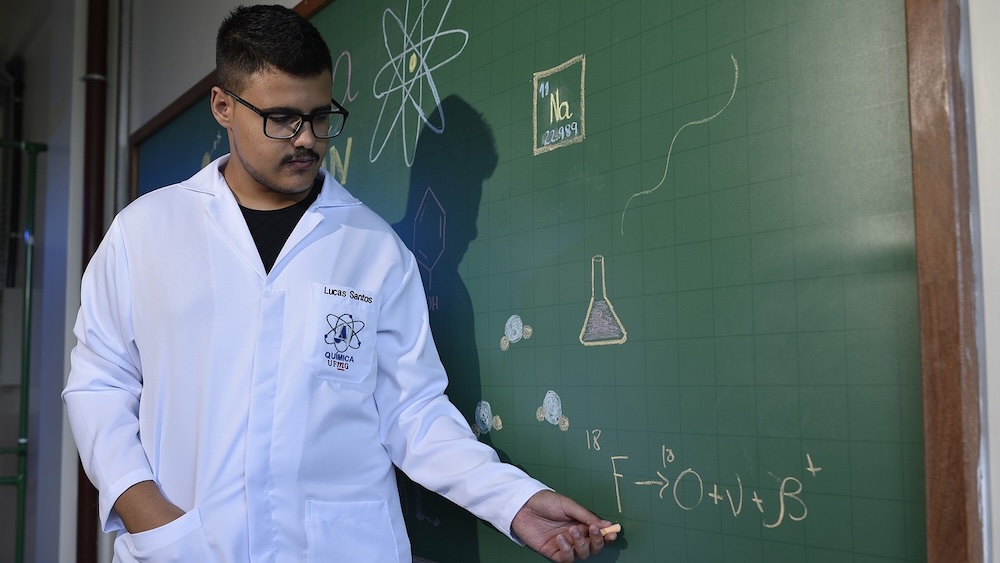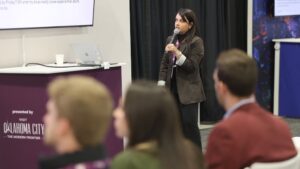


Nearly 2,000 leading researchers published an open letter accusing the current administration “of conducting a ‘wholesale assault on U.S. science.’”
It’s not just a flurry of executive orders, sweeping tariffs, and massive federal funding cuts that are being felt by the events industry in the first 100 days of the Trump administration. It’s how the new normal strikes at the heart of the business of gathering people together, and how we present ourselves to — and see our place in — the world.

Michelle Russell
Editor in Chief
Take global scientific conferences,for example, which are meant to be safe and welcoming places where critical knowledge is shared for social good. The industry we represent prizes collaboration, inclusivity, diversity of background and thought, and hospitality. And we are facing strong headwinds in bringing those values to life, respondents to our pulse survey told us. When asked if organizers have added travel-related communications to address their concerns about coming to the U.S., one respondent wrote that they had made a point of underscoring “that meetings are important to advancing science.”
In 2018, during Trump’s first term, we wrote a cover story — “Is Science Under Fire?”— about cuts in conference attendance by government-funded scientists, which hinted at a troubling trend that has now become a full-blown war. In late March, The New York Times reported that nearly 2,000 leading researchers published an open letter accusing the current administration “of conducting a ‘wholesale assault on U.S. science’ that could set back research by decades” —the result of layoffs at health and science agencies and cuts and delays to funding that has supported research at universities and within the government.
In early May at a conference in Paris, French President Emmanuel Macron and EU Commission President Ursula von der Leyen announced major funding packages designed to attract U.S. researchers who are considering relocating to Europe due to Trump’s policies and funding cuts — and maybe a larger lack of regard for scientific rigor.
Good science takes time. Yet U.S. Health and Human Services Secretary Robert F. Kennedy Jr. has pledged “a massive testing and research effort” to determine the cause of autism in five months’ time. Autism advocacy groups say he is perpetuating harmful stereotypes by describing autism as a “tragedy” that “destroys families”— more than a dozen groups issued a joint statement calling for autistic people to be treated with respect and support and expressing concern “about growing public rhetoric and policy decisions” that fail to “reflect the inherent value, rights, and diverse needs of autistic people.”
Where do events fit in? I thought about that as Deputy Editor Barbara Palmer wrote about an inaugural three-day conference, NeuroDiversion, which recently took place to support people with ADHD, autism, or other neurodivergent conditions. Its founder, Chris Guillebeau, told Barbara that he wanted to “create something different and magical — a space where neurodivergent people could feel understood and celebrated rather than having to mask or apologize for who they are.”
Despite the new challenges facing our industry, events need to continue to provide those safe spaces that shore up communities and keep us moving in the right direction. Forward.
Events Step In
Also in this issue, Senior Editor Jennifer N. Dienst explores how organizers are working with CVBs when deciding to move ahead with their events in destinations that have recently experienced natural disasters like wildfires and flooding — and what that means to those communities. And Barbara Palmer takes a look at how the Austin Convention Center’s redevelopment is enhancing the city and augmenting its sustainability goals.
Michelle Russell is editor in chief of Convene.







